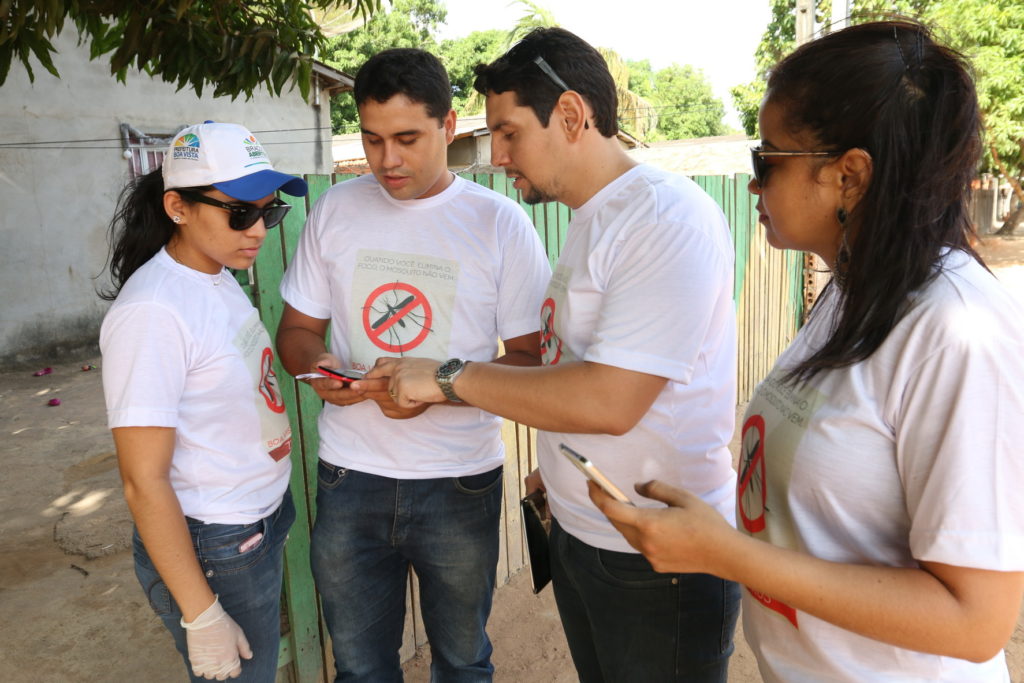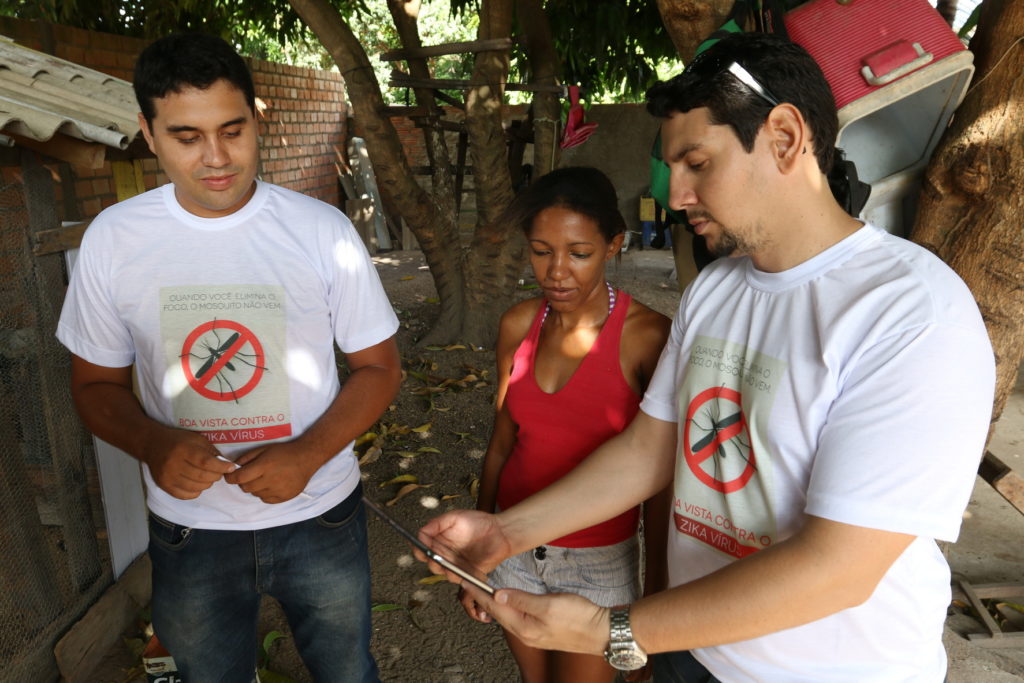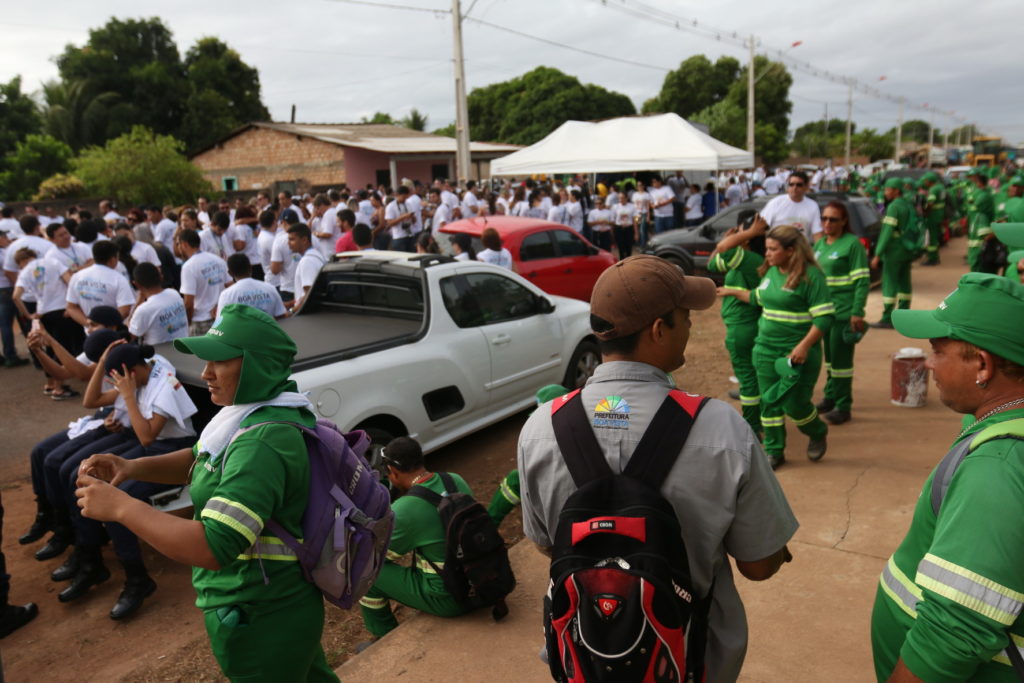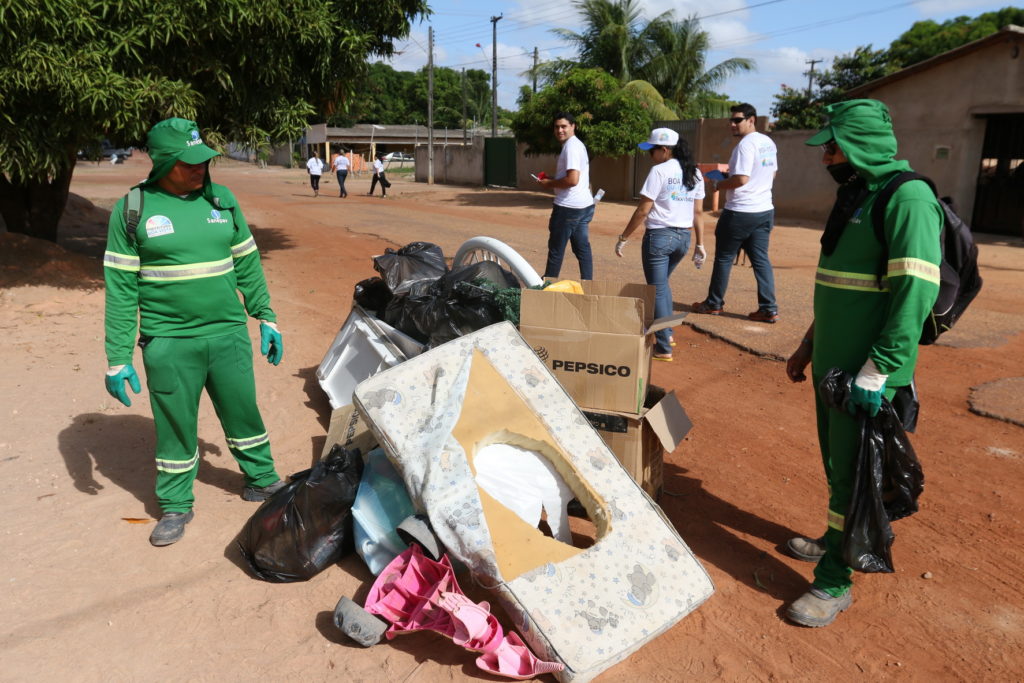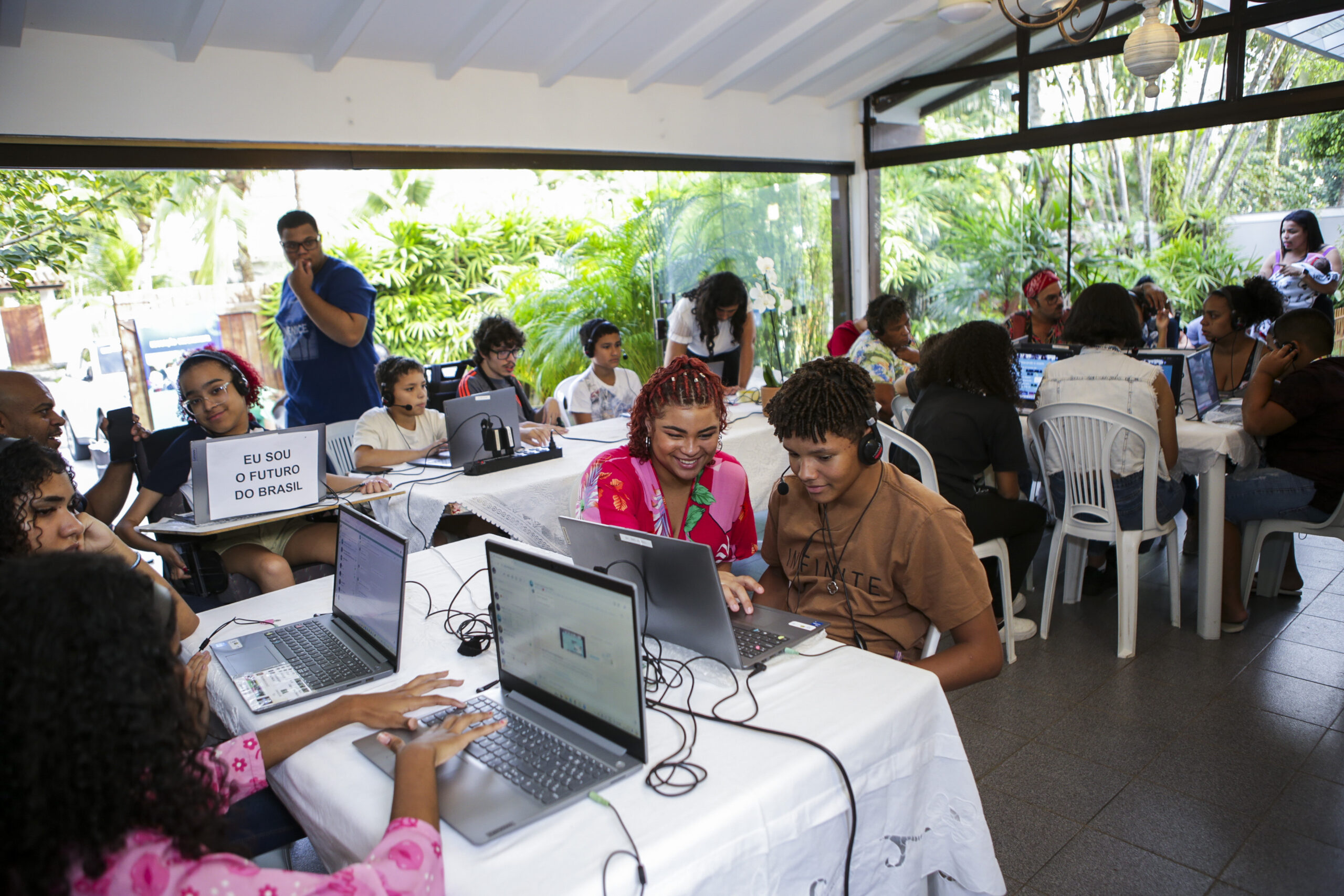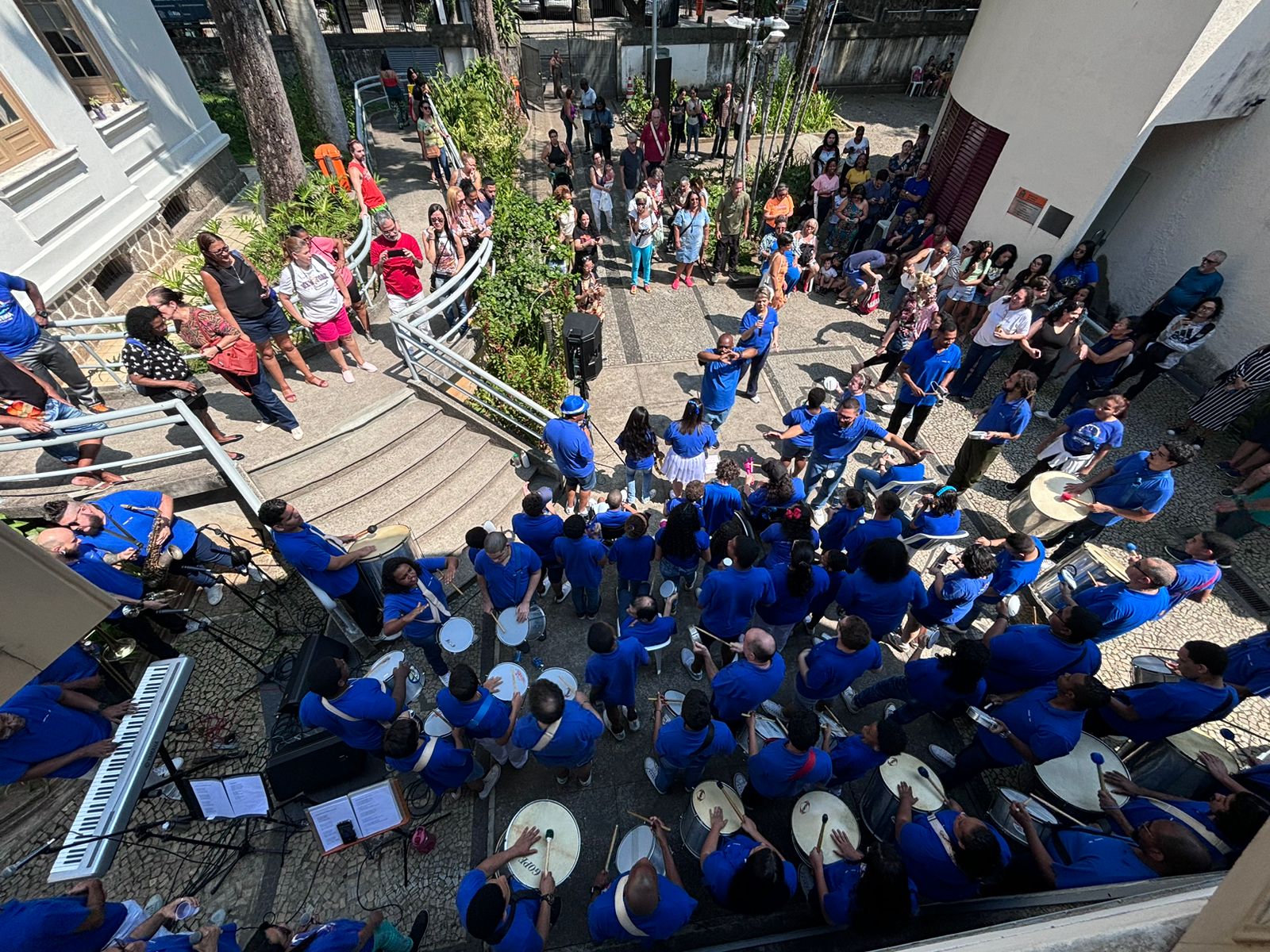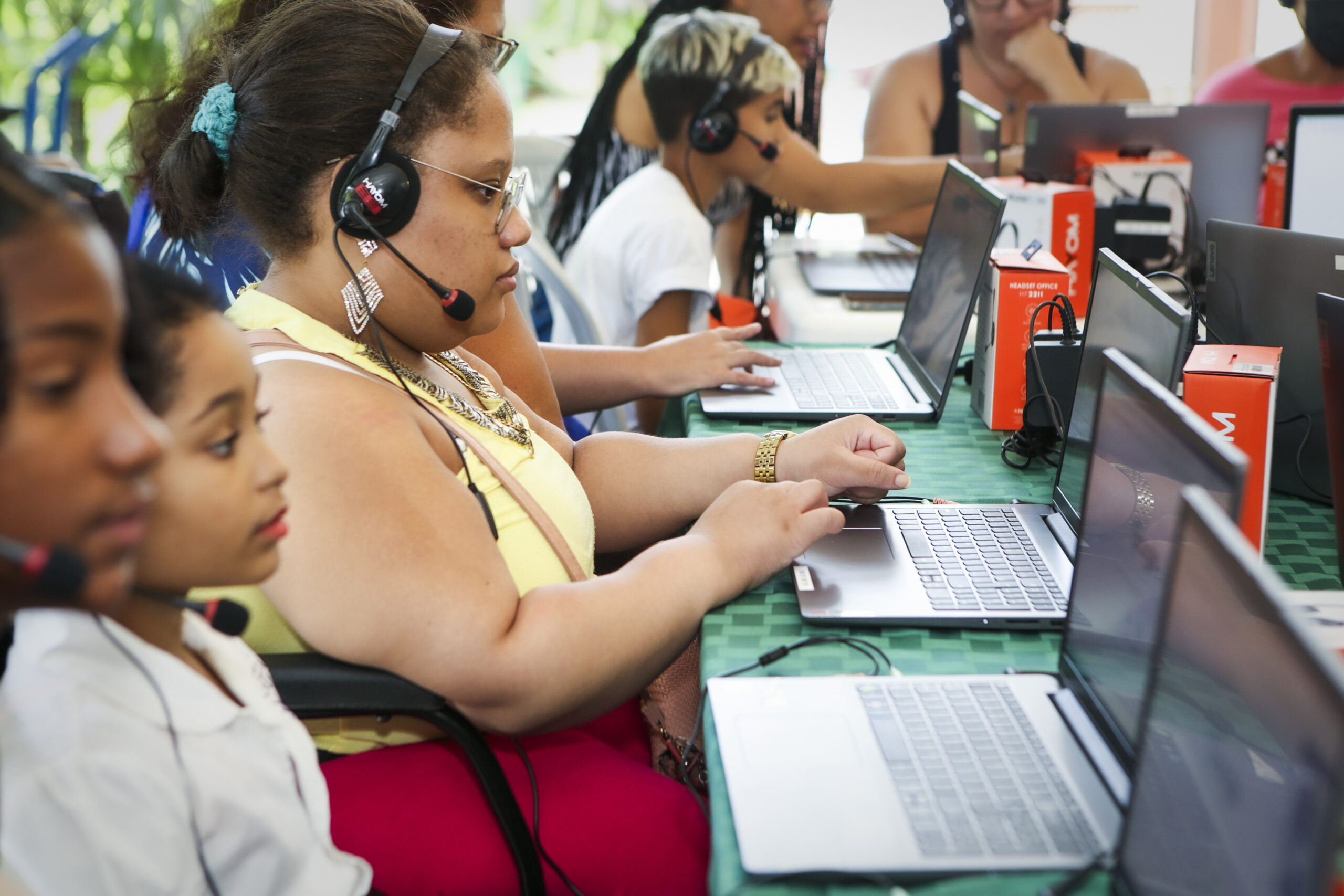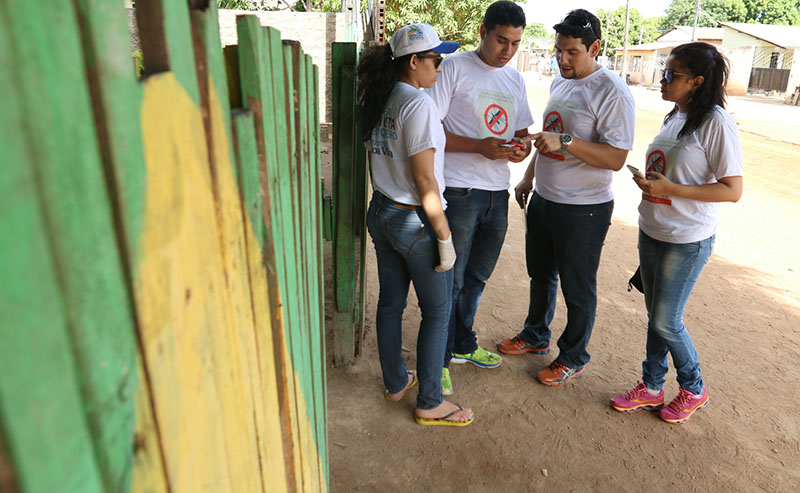
In Boa Vista (RR), the ZUP – Zeladoria Urbana Participativa (Participatory Urban Governance) platform is being used in actions to fight the Aedes aegypti mosquito that transmits dengue fever and virus zika. With the system – a free software developed by the Instituto TIM for the management of urban services and assets that have been in operation in Boa Vista since July –, the healthcare workers record where the mosquito breeding site are and what has been done to combat them, and start registering the houses in the region.
“The ZUP application offers a tool that allows evaluating the results, that is, how many breeding sites were identified and how many were eliminated. Allows the registration and location of the house, the breeding habitat, the residents’ process of education in healthcare and elimination of the breeding site,” said the municipal superintendent of Surveillance and Health, Emerson Capistrano.
ZUP began to be used in the fight against <em>Aedes aegypti</em> on December 20 at the launching of the campaign “Boa Vista against virus zika”. That Sunday, around a thousand people, including civil servants, employees of contractors, residents and other volunteers, mobilized in a campaign against the mosquito in the Bela Vista neighborhood, the place with the highest incidence of Aedes aegypti in the city. During the collective effort, mosquito breeding sites were removed, residential and commercial dumps were inspected, as well as other places where water might accumulate. They also distributed leaflets, flyers and stickers.
The mayor of Boa Vista, Teresa Surita, said that ZUP will extend the registration of people and contribute to the monitoring of neighborhoods. “We’ve been monitoring at all times. Our challenge is to make people aware that 75% of the cases are in their houses and the only way to end the mosquito is to eliminate breeding sites”, she said. For the mobilization agent of the Braços Abertos (Open Arms) Program Renato Sena, the system facilitates the work of the agent in the field. “Now everything is online: infestation records, the houses visited, etc. The flexibility of these processes for us is a positive point.”
The records registered in the system are now part of the urban mapping of the breeding sites of the <em>Aedes aegypti</em>, which will be available to the municipal government. According to the Secretary of Digital Inclusion, Arthur Brandão Machado, this first action is to raise awareness and register cases, eliminating the use of paper, which made the work slower and heavier. “80% of the people trained have phones with the technology needed to use the ZUP. This way, we will be able to register in a georeferenced map the results from the visits and make an assessment of the efforts to contribute to the planning of new actions,” he said.
Report: Éder Rodrigues
Photos: JPavani
